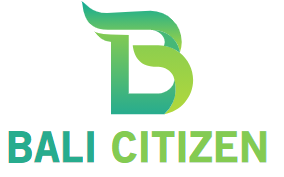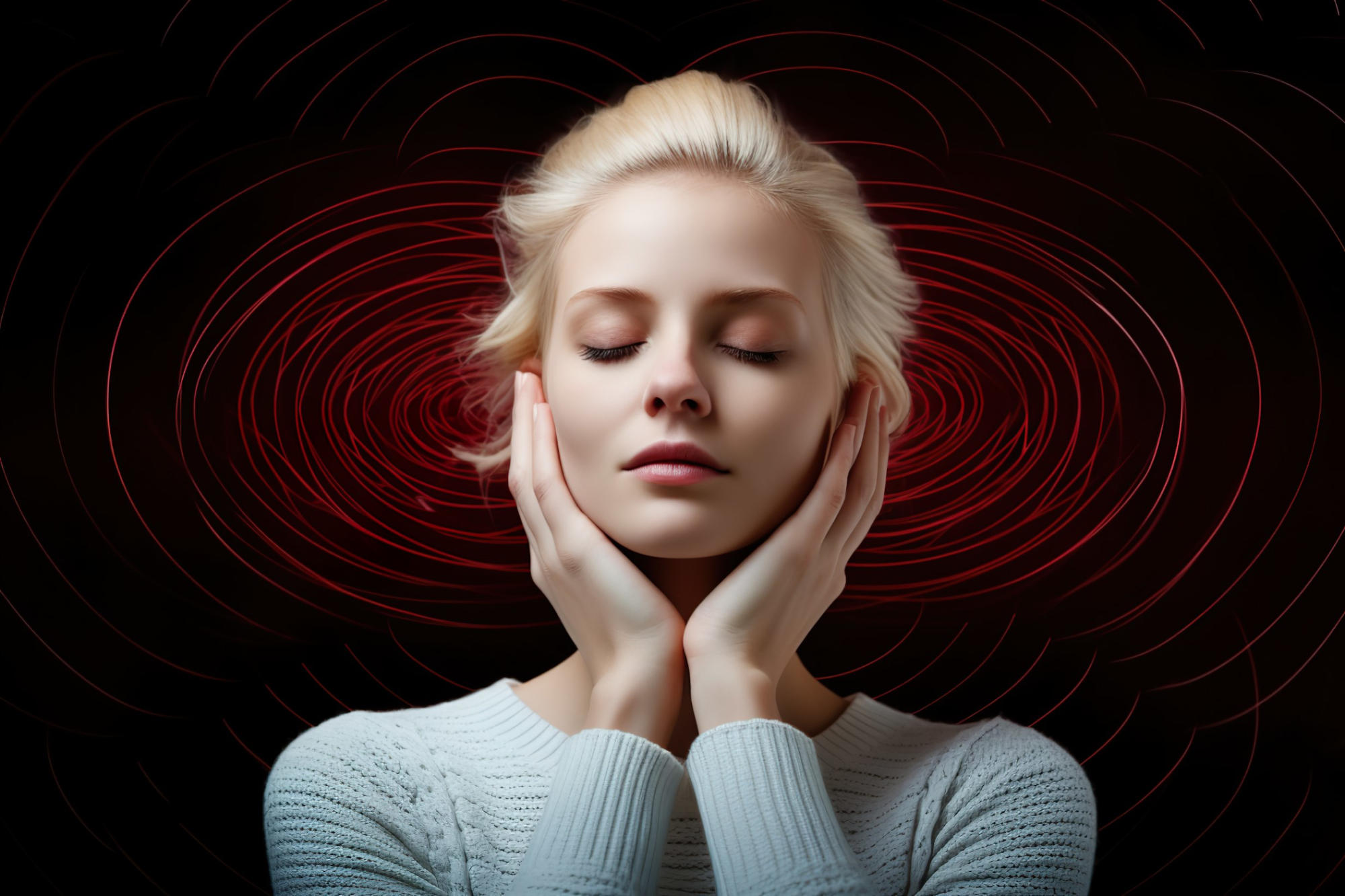Sebuah studi University of Michigan menemukan bahwa stimulasi bisensori yang dipersonalisasi, yang menggabungkan spektrum tinnitus individu dengan stimulasi listrik, dapat secara signifikan mengurangi gejala tinnitus, dan meningkatkan kualitas hidup. Metode ini, yang akan dipasarkan oleh Auricle Inc. Harapan baru untuk pengobatan yang efektif bagi jutaan penderita tinnitus.
Alat terapi inovatif baru mengobati suara desis kesunyian.
Tinnitus, yang merupakan suara dering, dengungan, atau mendesis dalam keheningan, memiliki tingkat keparahan mulai dari gangguan ringan bagi sebagian orang hingga kecacatan parah bagi yang lain. Di Amerika Serikat, hingga 15% orang dewasa menderita tinitus, dengan sekitar 40% dari orang-orang ini menderita kondisi tersebut secara kronis dan secara aktif mencari pengobatan untuk meredakannya.
Sebuah studi baru yang menjanjikan oleh para ilmuwan di Kresge Institute for Hearing Research di University of Michigan menunjukkan bahwa kelegaan seperti itu dapat dicapai.
Susan Shore, Ph.D., Profesor Emrita di Departemen Otolaryngology Michigan dan Departemen Fisiologi dan Teknik Biomedis di University of Michigan, memimpin penelitian tentang bagaimana otak memproses informasi sensorik, dan bagaimana proses tersebut dapat dimanfaatkan untuk stimulasi yang dipersonalisasi dan pengobatan tinitus.
Temuan timnya telah dipublikasikan di
According to Shore, candidates with bothersome, somatic tinnitus, as well as normal-to-moderate hearing loss, were eligible to participate.
“After enrollment, participants received a portable device developed and manufactured by in2being, LLC, for in-home use,” she said. “The devices were programmed to present each participant’s personal tinnitus spectrum, which was combined with electrical stimulation to form a bi-sensory stimulus, while maintaining participant and study team blinding.”
Study participants were randomly assigned to one of two groups. The first group received bi-sensory, or active, treatment first, while the second received sound-alone, or control, treatment.
For the first six weeks, participants were instructed to use their devices for 30 minutes each day. The next six weeks gave participants a break from daily use, followed by six more weeks of the treatment not received in the beginning of the study.
Shore notes that every week, participants completed the Tinnitus Functional Index, or TFI, and Tinnitus Handicap Inventory, or THI, which are questionnaires that measure the impact tinnitus has on individuals’ lives. Participants also had their tinnitus loudness assessed during this time.
The team found that when participants received the bi-sensory treatment, they consistently reported improved quality of life, lower handicap scores, and significant reductions in tinnitus loudness. However, these effects were not seen when receiving sound-only stimulation.
Further, more than 60% of participants reported significantly reduced tinnitus symptoms after the six weeks of active treatment, but not control treatment. This is consistent with an earlier study by Shore’s team, which showed that the longer participants received active treatment, the greater the reduction in their tinnitus symptoms.
“This study paves the way for the use of personalized, bi-sensory stimulation as an effective treatment for tinnitus, providing hope for millions of tinnitus sufferers,” said Shore.
Reference: “Reversing Synchronized Brain Circuits Using Targeted Auditory-Somatosensory Stimulation to Treat Phantom Percepts – A Randomized Clinical Trial” by Gerilyn R. Jones, David T. Martel, Travis L. Riffle, Josh Errickson, Jacqueline R. Souter, Gregory J. Basura, Emily Stucken, Kara C. Schvartz-Leyzac and Susan E. Shore, 2 June 2023, JAMA Network Open.
DOI: 10.1001/jamanetworkopen.2023.15914
The study was funded by the National Institute of Mental Health, the National Institute on Deafness and Other Communication Disorders.
Auricle Inc., the exclusive licensee of the patents related to the bi-sensory stimulation, was launched with the help of Innovation Partnerships, the central hub of research commercialization activity at the University of Michigan. Auricle will work towards gaining regulatory clearance and then commercializing Shore’s novel bi-sensory tinnitus treatment.
To stay up to date on the team’s progress, sign up for updates by sending an email to [email protected].

“Spesialis budaya pop. Ahli makanan yang setia. Praktisi musik yang ramah. Penggemar twitter yang bangga. Penggila media sosial. Kutu buku bepergian.”





More Stories
Menemukan tanda-tanda kehidupan yang paling menjanjikan di planet lain, atas izin James Webb
NASA masih belum memahami akar penyebab masalah perisai panas Orion
Saksikan dua sisa supernova menakjubkan yang berevolusi selama 20 tahun (video selang waktu)